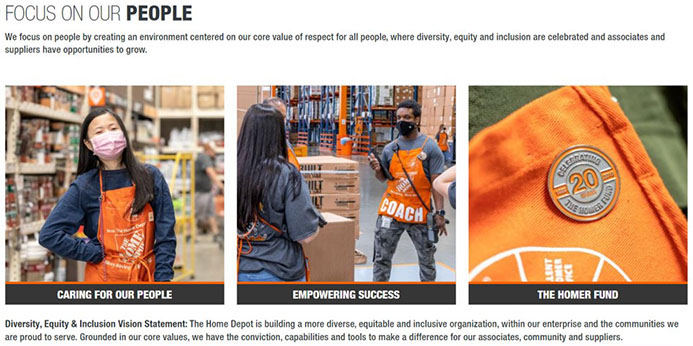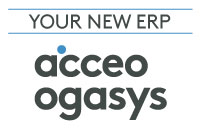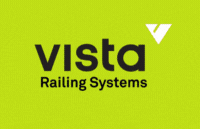 The Home Depot has an entire webpage devoted to details of the company that have nothing to do with sales per square foot, inventory turns, or product specials.
The Home Depot has an entire webpage devoted to details of the company that have nothing to do with sales per square foot, inventory turns, or product specials.
Nevertheless, the facts are presented with as much precision and emphasis as the details of an annual report.
Did you know that 90 percent of Home Depot store managers started out as hourly workers? Or that its Home Depot Foundation has contributed more than $400 million to veterans’ causes in the U.S.? (And here, the company has directed more than $50 million in recent years toward preventing homelessness among Canadian youth.)
Welcome to the world of environment, sustainability, and governance. ESG is the newest way for companies to provide measurement and benchmarks for their performance—metrics that go beyond profits and return on shareholder investment.
But, in fact, ESG is another way to enhance the profile, and presumably the value, of a company. It can be used to polish a business’s reputation to attract better hires, foster supportive workplaces that allow employees to flourish, and, yes, pay off in greater peace of mind for owners—and enhanced share value for publicly traded companies.
Plus it’s the right thing to do.
At Home Depot, its ESG efforts are built around what it calls three “fundamental pillars”: focusing on its people, operating sustainably, and strengthening communities.
Home Depot’s Office of Diversity, Equity, and Inclusion leads the company’s diversity reporting, which includes gender, ethnicity, and pay equity data for its workforce. Numerous initiatives have been designed to increase the diversity of its workforce, promote inclusion, amplify support for diverse suppliers, and enrich the communities the stores serve. The assessments will help the company benchmark its DEI and responsible forestry programs.
In an open letter to stakeholders in Home Depot’s 2022 ESG Report, president and CEO Ted Dekker reinforced that message. “Our focus on people centres around continuously striving to create a work environment that is inclusive, engaging, and rewarding to associates.”
Those policy goals take into account Home Depot’s vendors as well. “Our commitment to diversity also extends to our supplier relationships,” Dekker says in the letter. “In 2021, we increased our spend with diverse suppliers to $3.3 billion and have announced a goal to achieve $5 billion in direct annual spend with diverse suppliers by 2025.”
Home Depot continues to focus on a sustainable forestry initiative as well. The practice dates back more than 25 years and reflects the company’s recognition that responsible forest management is essential to protecting the health of the world’s ecosystems. It issued its first Wood Purchasing Policy in 1999, working with suppliers to understand and practise sustainable forestry throughout the world. The aim: to aid the protection of endangered forests and to support efforts to preserve timber for future generations.
Companies of all sizes, whether public or privately owned, should look hard at the range of issues that comprise the business’s goals concerning employee well-being, management support, and environmental impacts. It’s good for business—and it’s the right thing to do in today’s business climate.




































